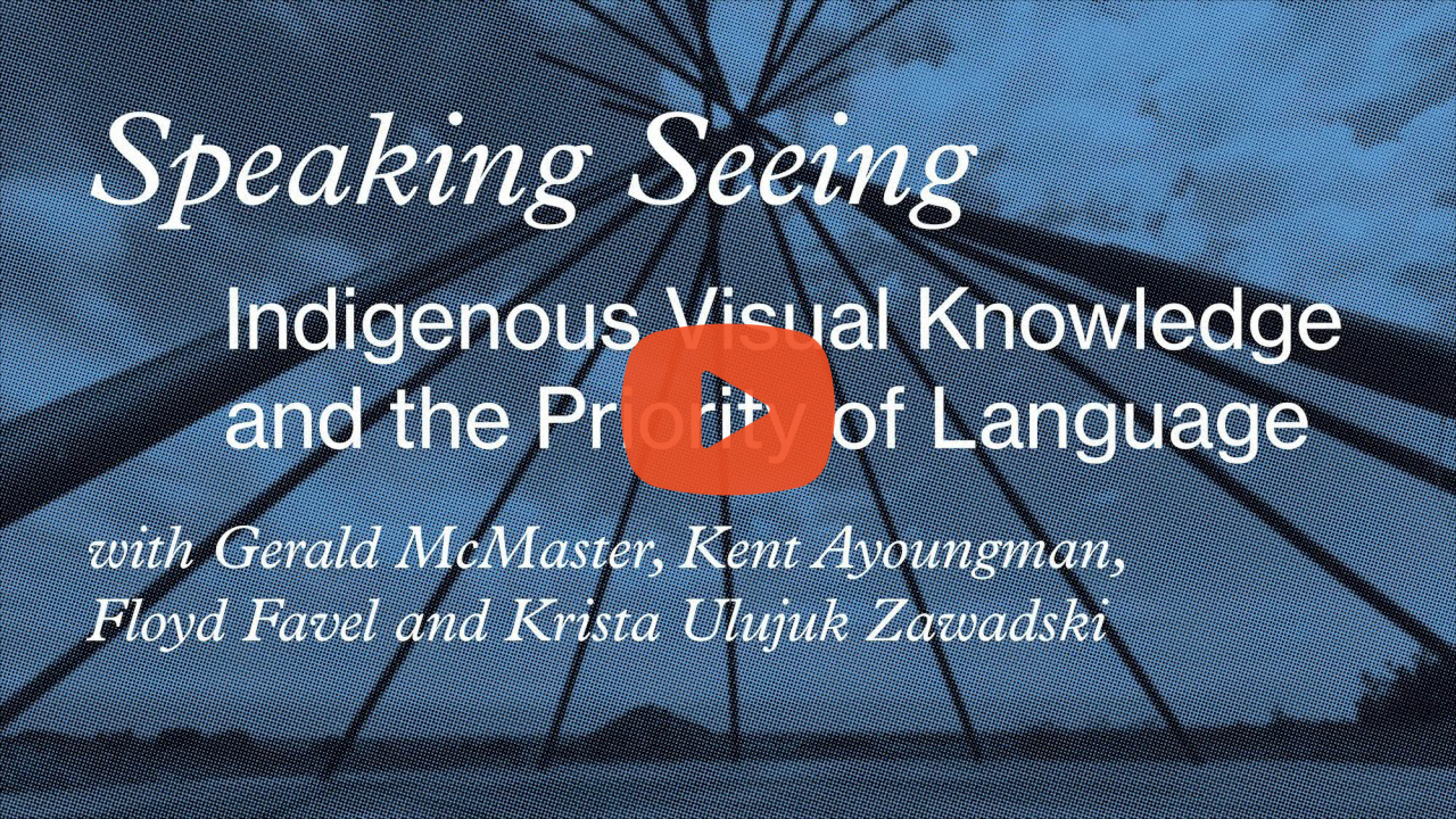Kānawāpātahmōwin: Indigenous Visual Knowledge
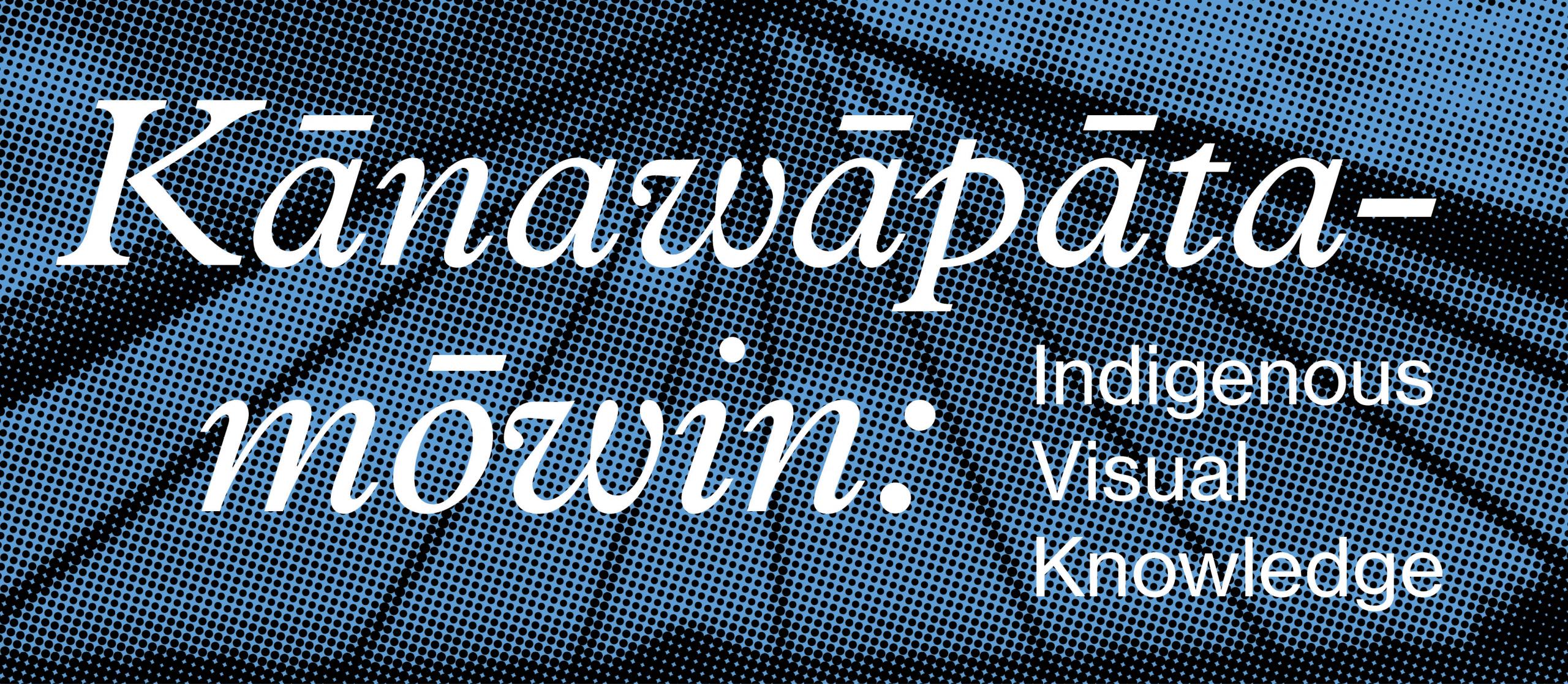
A series of conversations with Indigenous artists, academics, activists, and community members from the global Arctic, North America, and Australia to discuss the concept of Indigenous Visual Knowledge.
This series, convened by esteemed Indigenous Canadian scholar, artist, and curator Gerald McMaster will introduce audience members to the concept of “Indigenous Visual Knowledge.”
Over a set of four conversations, two online and two in-person, Gerald will bring together artists, academics, activists, and community members from Indigenous communities in the global Arctic, North America, and Australia to discuss their different knowledge systems, and the role visual perception plays within them.
Western institutions tend often to understand vision solely through the lens of Western science and philosophy. This series will instead focus on the groundbreaking Indigenous voices that have opened up the rich diversity of Indigenous visual knowledge through their life, work, community, and political action.
Series convened by Gerald McMaster, and co-presented by the Power Institute and the Wapatah Centre for Indigenous Visual Knowledge.
Events
Past
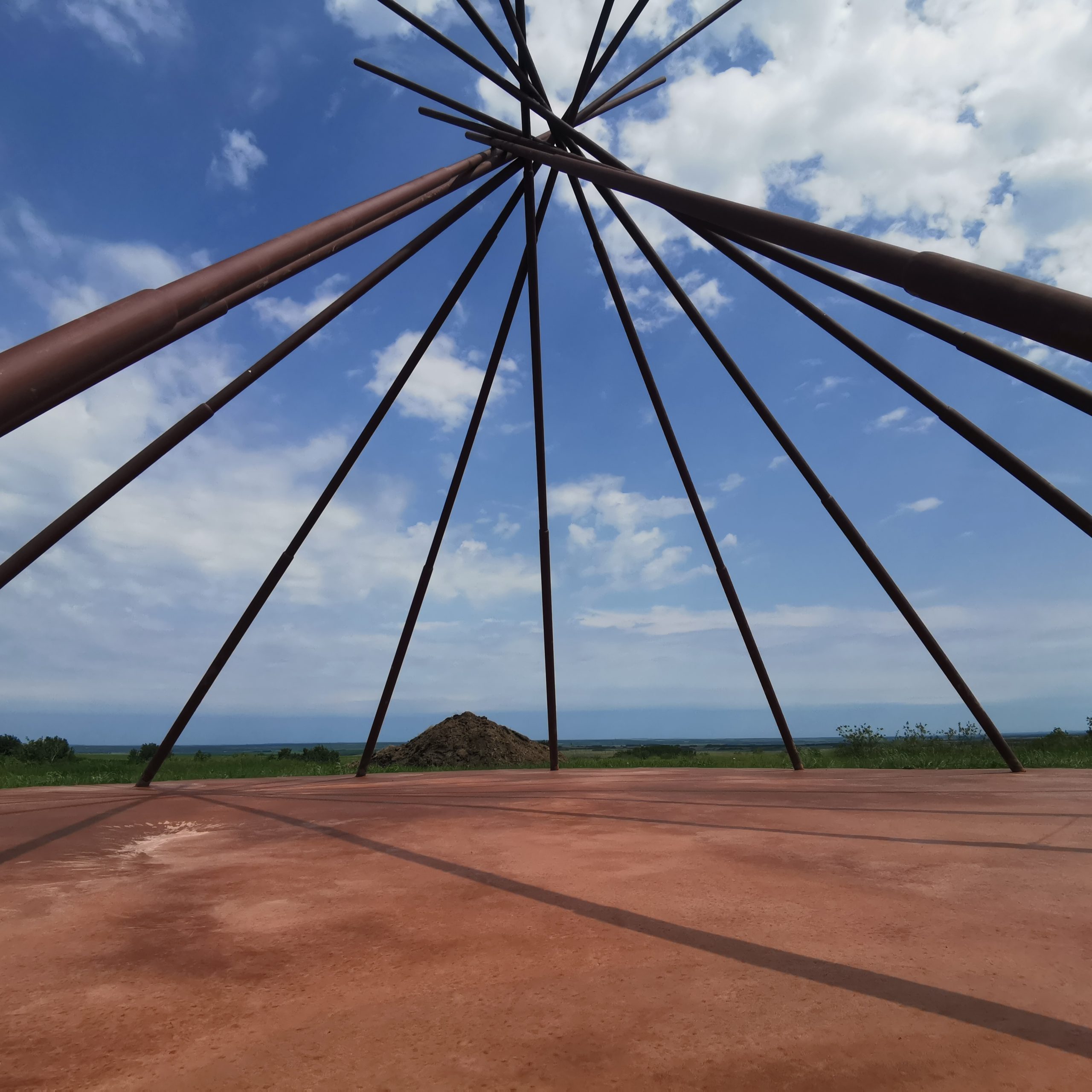
Kānawāpātahmōwin: Introduction to Indigenous Visual Knowledge
The first event in the 2023 series, Indigenous Ways of Seeing, which is co-presented by the Power Institute and the Wapatah Centre for Indigenous Visual Knowledge.
People
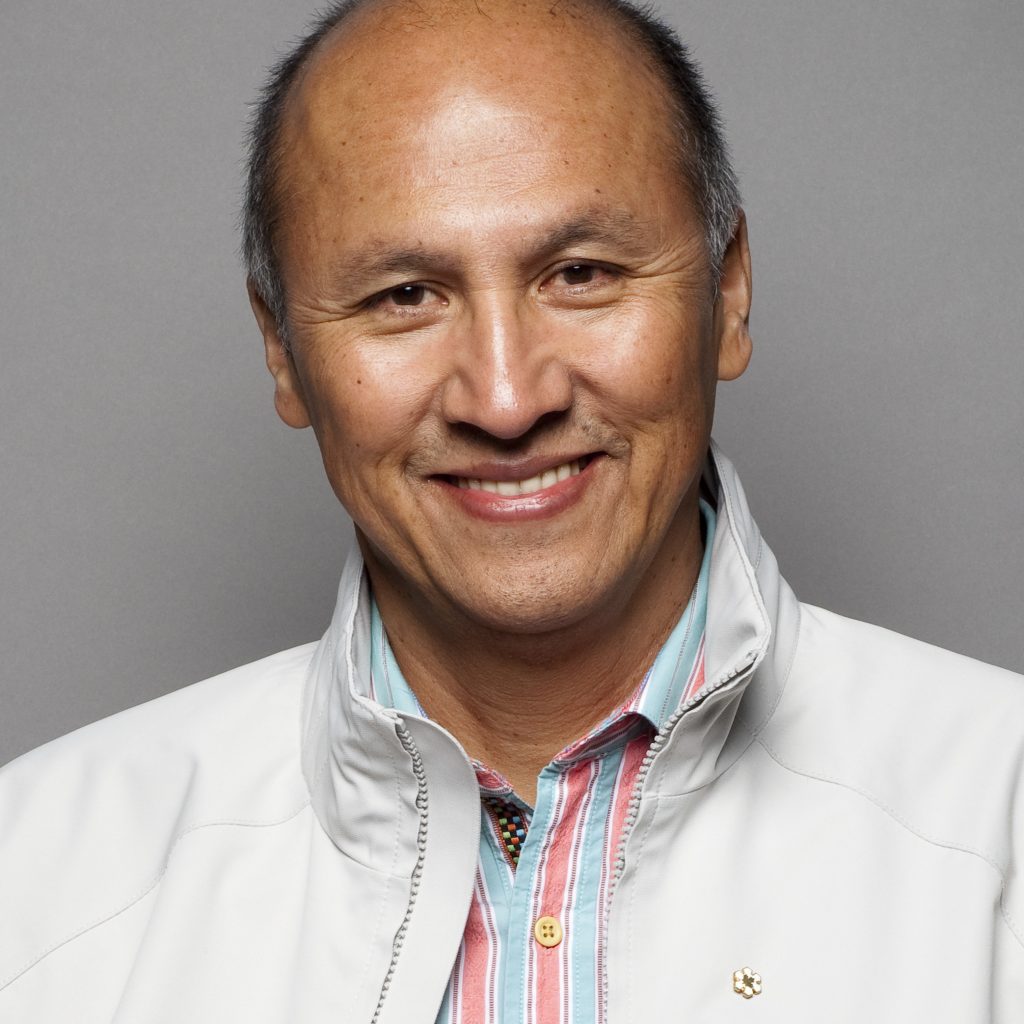
Gerald McMaster
Gerald McMaster is the Director of Wapatah Centre for Indigenous Visual Knowledge at OCAD University in Toronto, and a leading voice nationally and internationally, with over 30 years of experience in contemporary art, critical theory, museology, and Indigenous aesthetics. He is Plains Cree from the Red Pheasant Cree Nation and a member of the Siksika Nation. He has served as the Canadian Commissioner for the 1995 Venice Biennale, Artistic Director of the 2012 Biennale of Sydney, and Curator for the 2018 Venice Biennale of Architecture. He is the recipient of Governor General’s Awards for Visual and Media Arts from the Canada Council for his prolific curatorial legacy. McMaster has served as Adjunct Curator for Remai Modern since 2018.
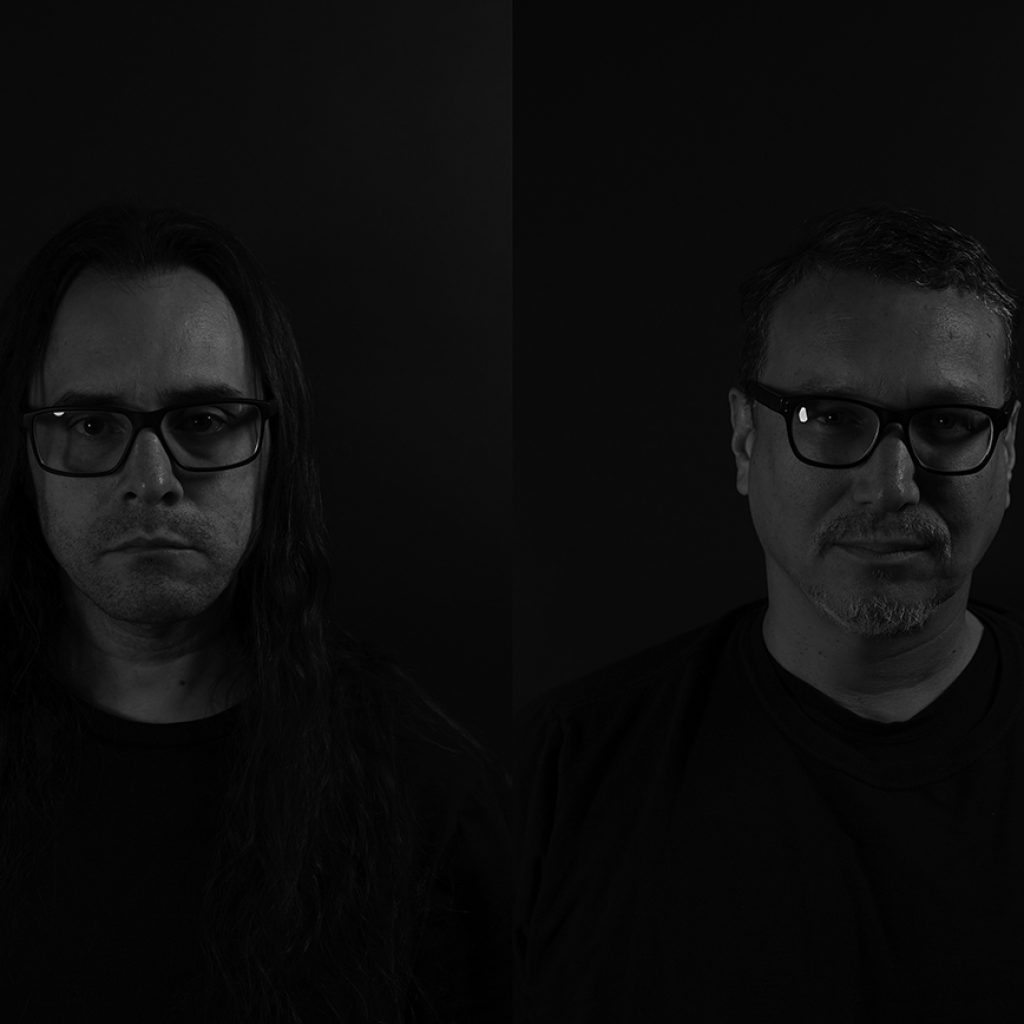
Postcommodity
Postcommodity is an interdisciplinary art collective comprised of Cristóbal Martínez (Mestizo), and Kade L. Twist (Cherokee). Postcommodity’s art functions as a shared Indigenous lens and voice to engage the assaultive manifestations of the global market and its supporting institutions, public perceptions, beliefs, and individual actions that comprise the ever-expanding, multinational, multiracial and multi-ethnic colonizing force that is defining the 21st Century through ever increasing velocities and complex forms of violence. Postcommodity works to forge new metaphors capable of rationalizing our shared experiences within this increasingly challenging contemporary environment; promote a constructive discourse that challenges the social, political and economic processes that are destabilizing communities and geographies; and connect Indigenous narratives of cultural self-determination with the broader public sphere. The collective has received numerous grants, and has been exhibited nationally and internationally.
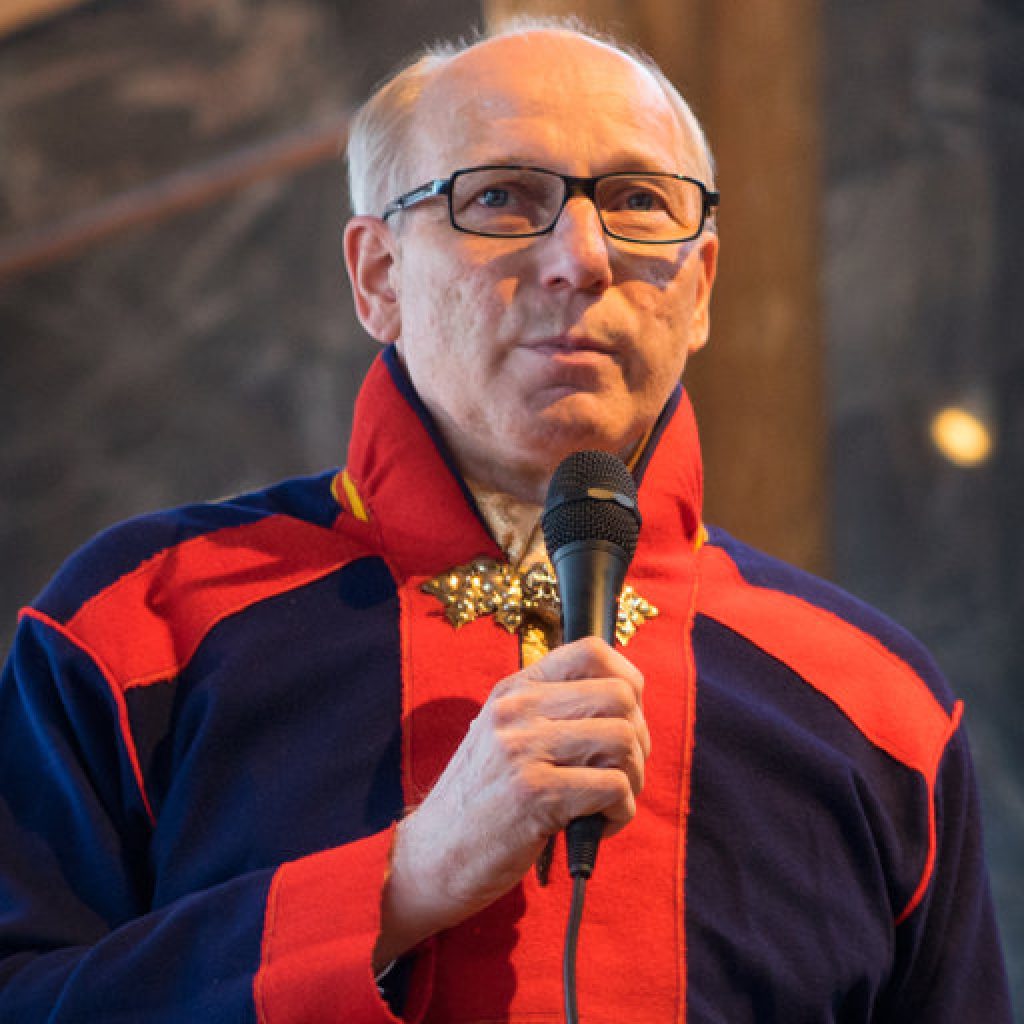
Harald Gaski
Harald Gaski was born and grew up on the river Deatnu in Sápmi, on the 70th latitude in the northernmost county in Norway. Gaski is an author, editor, and a professor in Sámi literature at Sámi allaskuvla (Sámi University of Applied Sciences) in Guovdageaidnu and a professor in Sámi culture and literature at UiT – The Arctic University of Norway. He has been instrumental in establishing Sámi literature as an academic field and has translated Sámi literature and Nils-Aslak Valkeapää’s poetry into Norwegian and English. His most recent book is an anthology of Sámi literature titled Myths, Tales and Poetry from Four Centuries of Sámi Literature.
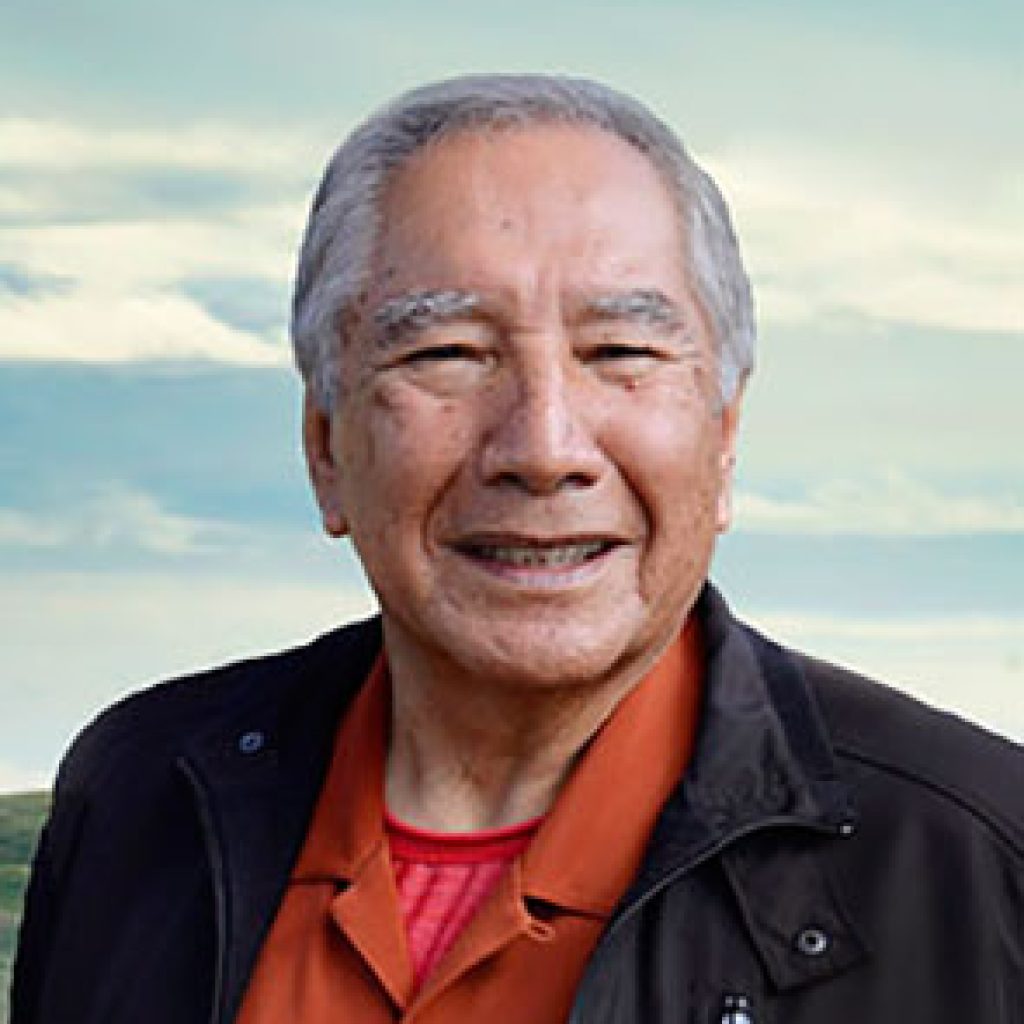
Leroy Little Bear
Leroy Little Bear is a renowned educator, academic, and founder of the Native American Studies Department at the University of Lethbridge where he served as Chair for 21 years, and went on to become the founding Director of Harvard University’s Native American Program. His dedication to education, leadership, community-building and advocacy has led to a United Nations declaration on the Rights of Indigenous Peoples, changed the Constitution of Canada, and served as a shining example of global collaboration. A member of the Blackfoot Confederacy, Little Bear’s story began on the Blood Indian Reserve in Southern Alberta, Canada.
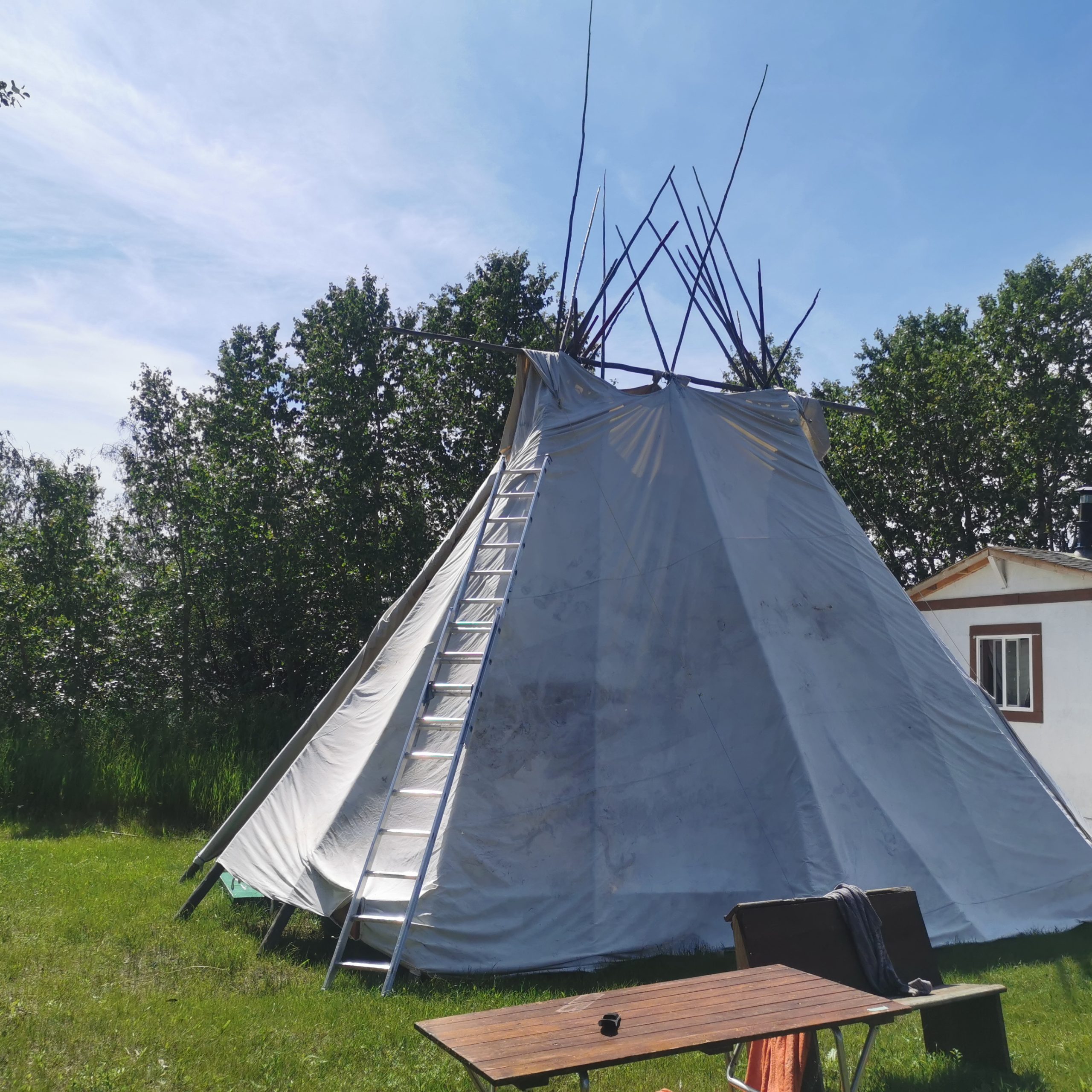
Speaking Seeing: Indigenous Visual Knowledge and the Priority of Language
A panel discussion about the importance of language in understanding and articulating Indigenous ways of seeing.
People

Gerald McMaster
Gerald McMaster is the Director of Wapatah Centre for Indigenous Visual Knowledge at OCAD University in Toronto, and a leading voice nationally and internationally, with over 30 years of experience in contemporary art, critical theory, museology, and Indigenous aesthetics. He is Plains Cree from the Red Pheasant Cree Nation and a member of the Siksika Nation. He has served as the Canadian Commissioner for the 1995 Venice Biennale, Artistic Director of the 2012 Biennale of Sydney, and Curator for the 2018 Venice Biennale of Architecture. He is the recipient of Governor General’s Awards for Visual and Media Arts from the Canada Council for his prolific curatorial legacy. McMaster has served as Adjunct Curator for Remai Modern since 2018.
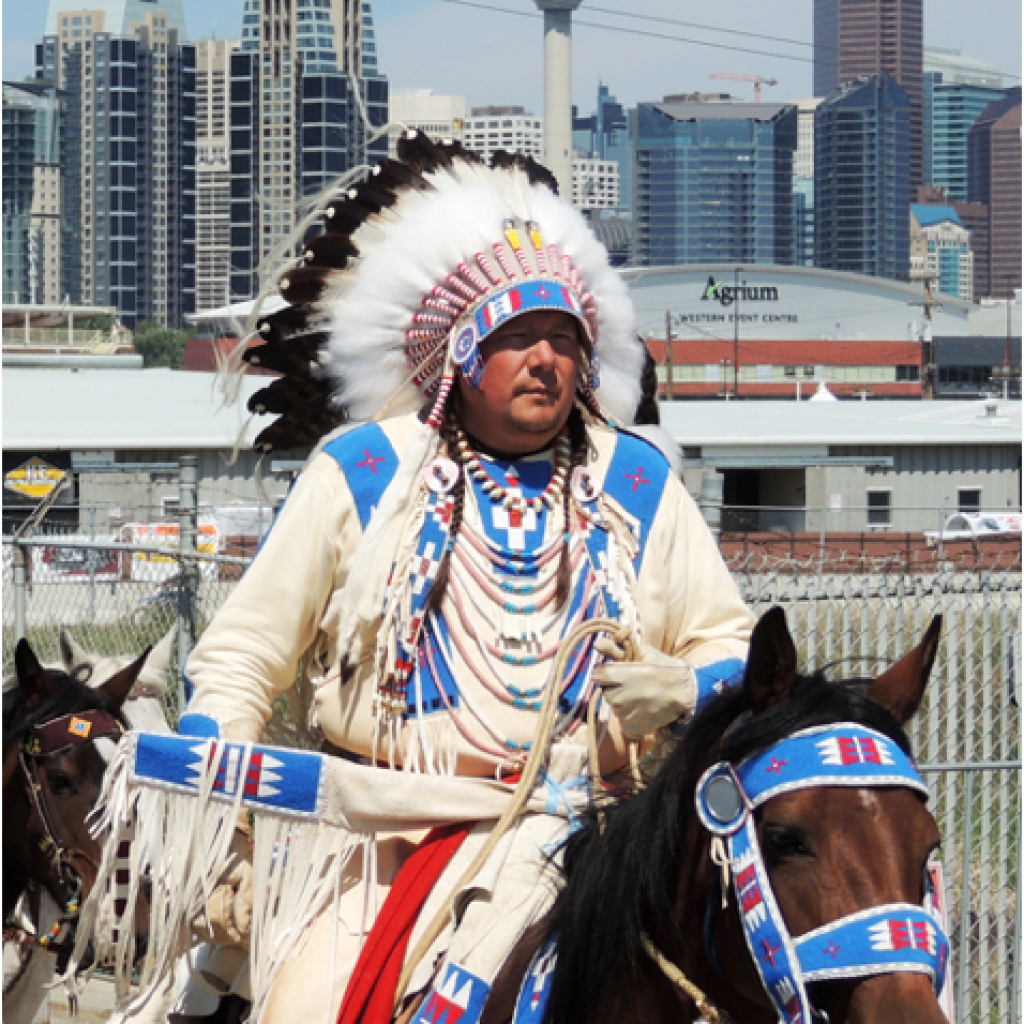
Kent Ayoungman
Oki Aamooka Kayihtsipimiohkitopi, Iihtomohtoto Siksika ki Iihtomahto’tsitapiyiiks Saayiiks. His real name is Riding a Painted Horse and belongs to the Aggressive People clan of the Siksika in Alberta, Canada. He is also known as Kent Ayoungman. Kent has a passion for anything related to the Siksikai’tsitapiwahssinni. Since childhood, he has dreamt often about the traditions of the Siksikai’tsitapi. He has actualized these “gifts of knowledge” by activelyparticipating in the Blackfoot societies and ceremonies. At a young age, Kent was also very fortunate to have his late grandfather, Arthur Ayoungman Sr., there for him, and to encourage him in living the Siksika way of life. Kent has also translated these gifts into creating works of art in mixed media. He is especially adept at making “authentic” Siksika clothing, accessories, and horse gear. He is knowledgeable about ancient designs, the symbolism in these pieces, and the protocol related to ownership and use. He has been involved in various capacities with post-secondary institutions such as University of Lethbridge, University of Calgary, Mount Royal University, Alberta University of the Arts, University of Alberta and Old Sun Community College. He was awarded with an Honorary Doctorate Degree from the Old Sun Community College on September 22, 2021 for his extensive contributions to the Siksika Knowledge Curriculum development and much more. Kent is also a recipient of the Queen Elizabeth II’s Platinum Jubilee Medal (Alberta). He works with many museum collections within North America, Australia, United Kingdom and most recently Europe.
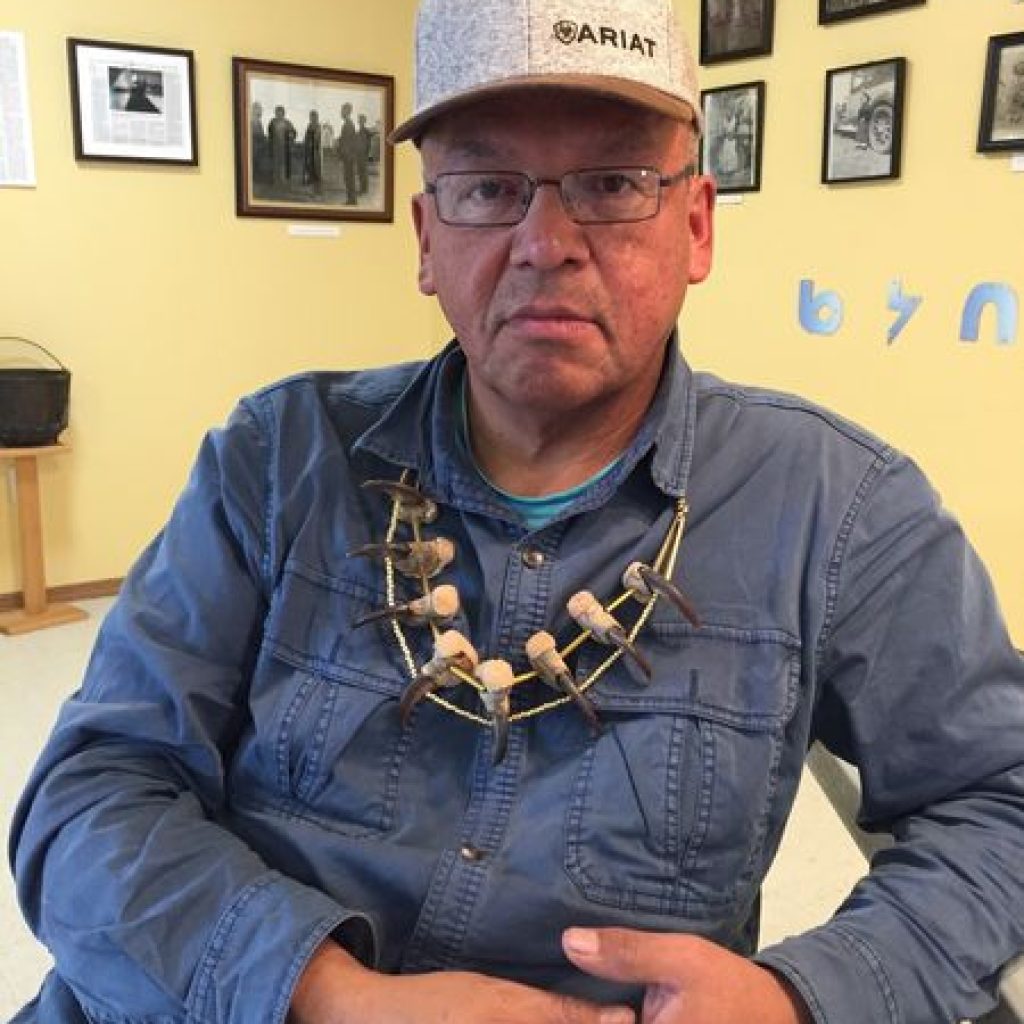
Floyd P. Favel
Floyd P. Favel is a theatre theorist, director, teacher and essayist. He studied theatre in Denmark at the Tukak Teatret, a school for Inuit and Sami People and in Italy with Jerzy Grotowski, a Polish theatre director and one of the more influential theatre figures of the 20th century.
As the curator of the Poundmaker Museum he won 2018 International Indigenous Tourism Award, and revived the Exoneration of Chief Poundmaker in 2019. He is the director of the Poundmaker Indigenous Performance Festival, a global Indigenous festival.
In 2021 He produced and wrote the documentary ‘Ashes and Embers’, a film about the Delmas Indian Residential School fire of 1948, which was premiered at the Presence Autochthone International Film Festival in Montreal, and it was screened at the Imaginative Film Festival in Toronto. He also wrote a book of the same name, short listed for the Sask Book Awards 2023.
His book of collected essays on theatre methods and journalism was published by UNIWERSYTET SLASKI w Katowice, in 2022 in Poland in the Polish language. This is the first book published that articulate and outline an Indigenous theatrical method. In 2023, he taught as an adjunct professor at Concordia University in Montreal (where he taught since 2014) and Indigenous Scholar in Residence at the Anako Research Institute at Carleton in Ottawa and at Uniwersytet Slaski in Poland.
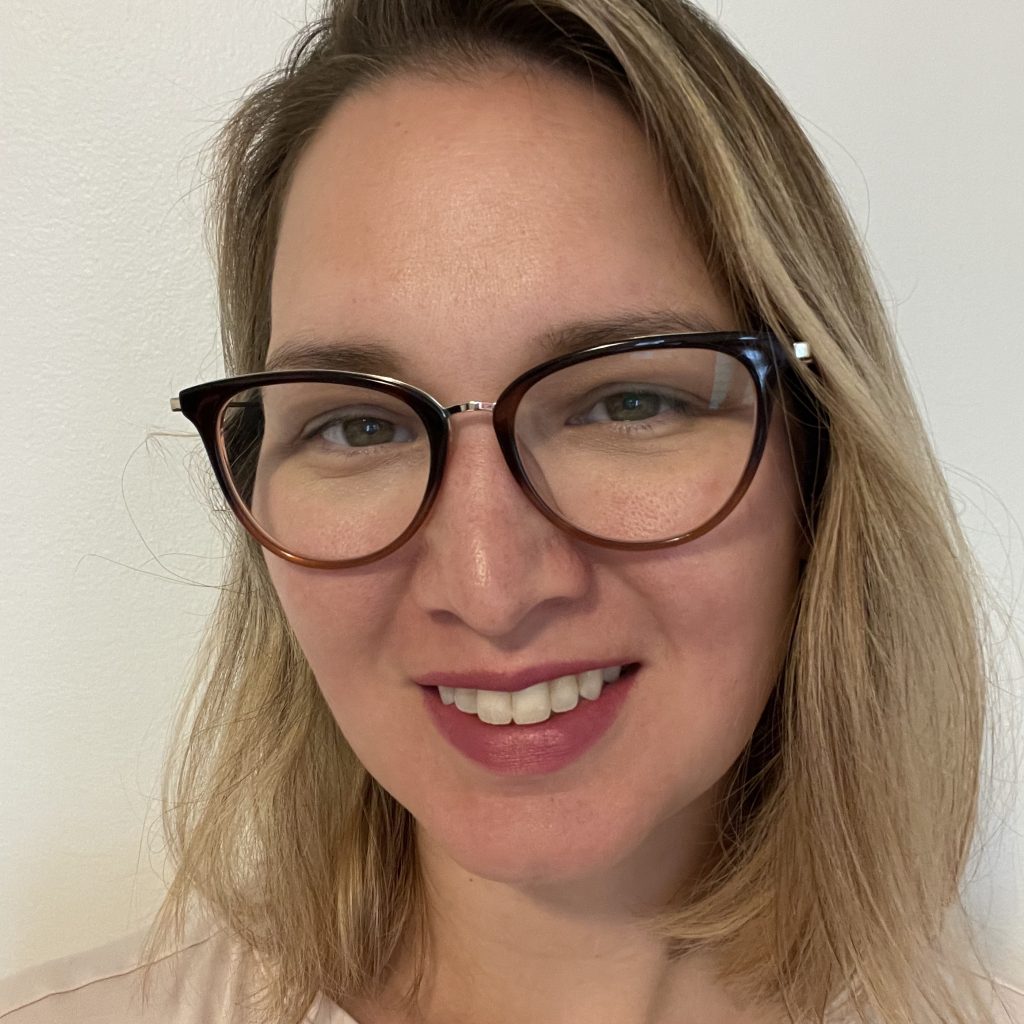
Krista Ulujuk Zawadski
Krista Ulujuk Zawadski is from Kangiqliniq (Rankin Inlet), NU. She is an Inuk anthropologist, researcher, independent curator and maker. She holds a master’s degree in anthropology from the University of British Columbia, Vancouver, and is currently a PhD Candidate at Carleton University, Ottawa. Through her doctoral studies, Krista has embarked on beading revitalization work in her community. Krista’s primary interests are Indigenous academic work and anthropology, museology and collections-based research, with an emphasis on fostering accessibility to collections for Inuit. Spending time with cultural materials in homes and in museum collections, Krista uses the belongings as a catalyst to foster engagement between Inuit knowledge holders and younger generations. Taking the same approach to art and art-making, Krista uses Inuit belongings and art in personal and museum collections to inspire her creative practice.
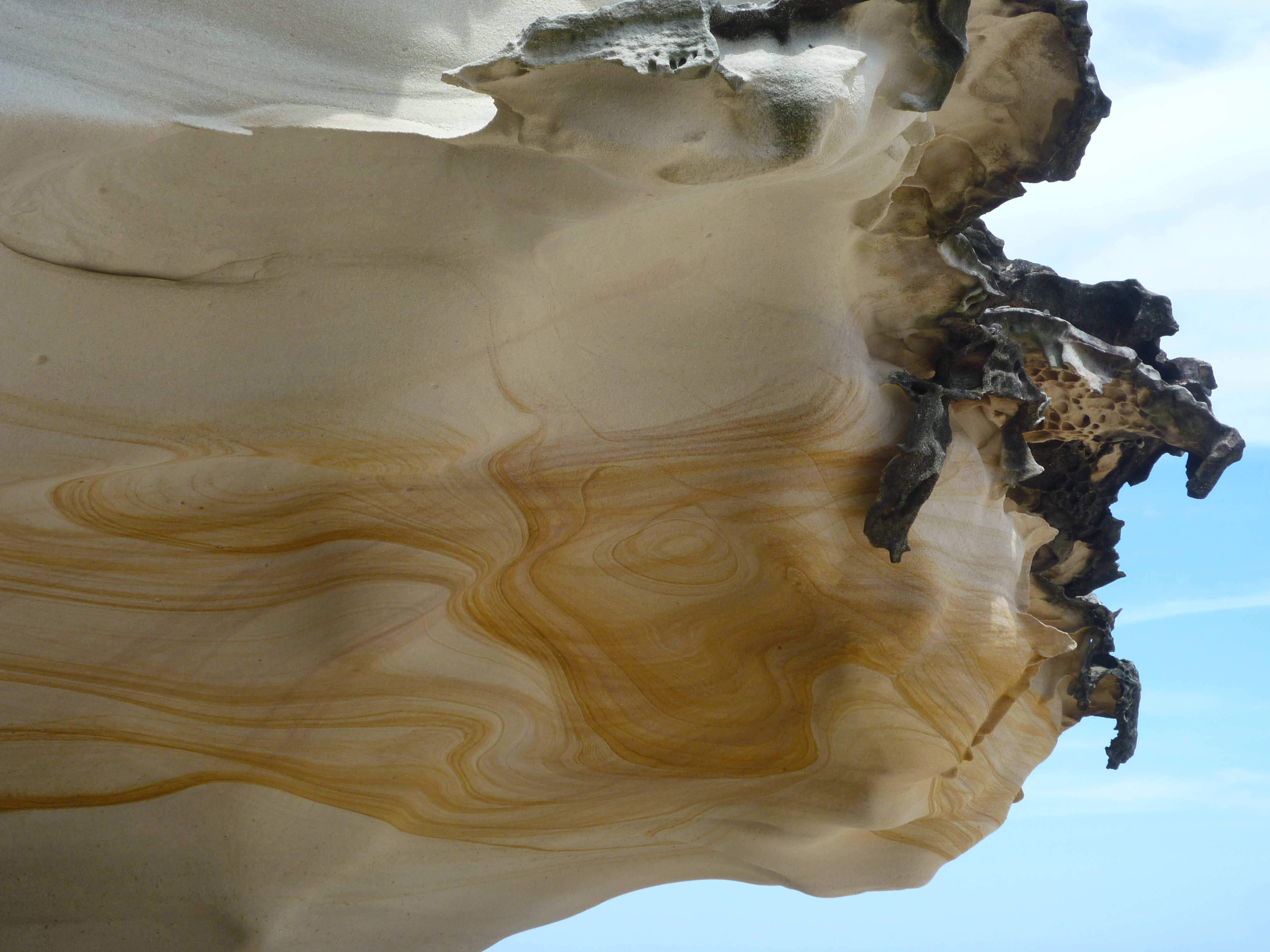
Indigenous Visual Knowledge and Country
A conversation moderated by Gerald McMaster about Indigenous ways of seeing on and through Country.
People

Gerald McMaster
Gerald McMaster is the Director of Wapatah Centre for Indigenous Visual Knowledge at OCAD University in Toronto, and a leading voice nationally and internationally, with over 30 years of experience in contemporary art, critical theory, museology, and Indigenous aesthetics. He is Plains Cree from the Red Pheasant Cree Nation and a member of the Siksika Nation. He has served as the Canadian Commissioner for the 1995 Venice Biennale, Artistic Director of the 2012 Biennale of Sydney, and Curator for the 2018 Venice Biennale of Architecture. He is the recipient of Governor General’s Awards for Visual and Media Arts from the Canada Council for his prolific curatorial legacy. McMaster has served as Adjunct Curator for Remai Modern since 2018.
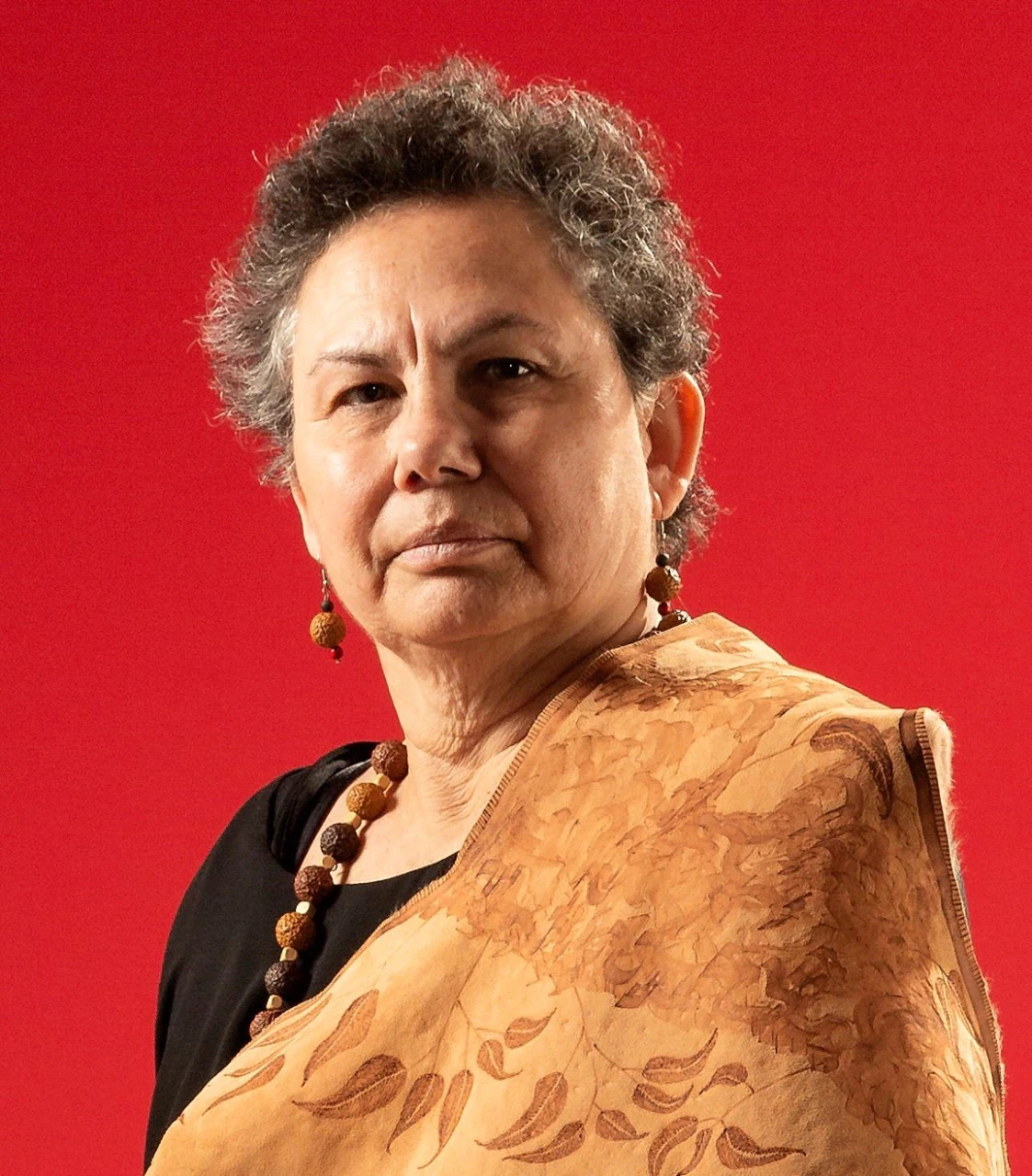
Lynette Riley
Lynette Riley is a Wiradjuri and Gamilaroi woman from Dubbo and Moree. She is currently an Associate Professor and Executive Director of Indigenous Studies and Aboriginal Eduation at the University of Sydney. Lynette has more than 30 years working experience as a teacher and in Aboriginal education and administration within primary schools, high schools, TAFE, state office and universities.
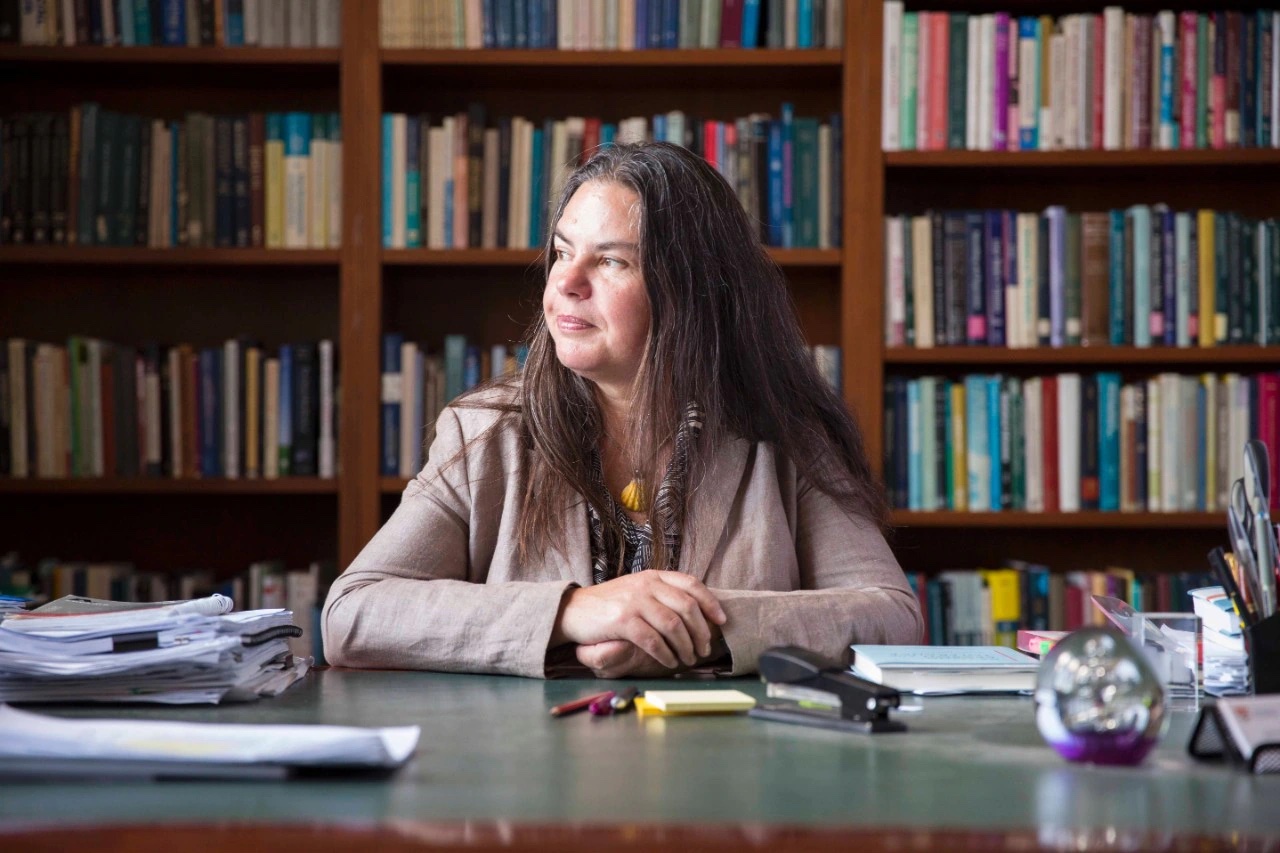
Jakelin Troy
Jakelin Troy is Director of Aboriginal and Torres Strait Islander Research and Professor of Linguistics at the University of Sydney. Her research interests are currently focussed on documenting, describing and reviving Indigenous languages. Jakelin is interested in the use of Indigenous research methodologies and community engaged research practises. She is an Aboriginal Australian and her community is Ngarigu of the Snowy Mountains in south eastern Australia.
Jazz Money
Jazz Money is a Wiradjuri poet and artist based on Gadigal land, Sydney. Her practice is centred around poetics while producing works that encompass installation, digital, performance, film and print. Their writing has been widely published nationally and internationally, and performed on stages around the world. Jazz’s first poetry collection, the best-selling how to make a basket (UQP, 2021) was the 2020 winner of the David Unaipon Award and a second collection is forthcoming with UQP in 2024. Their first feature film is WINHANGANHA (2023), commissioned by the National Film and Sound Archive.
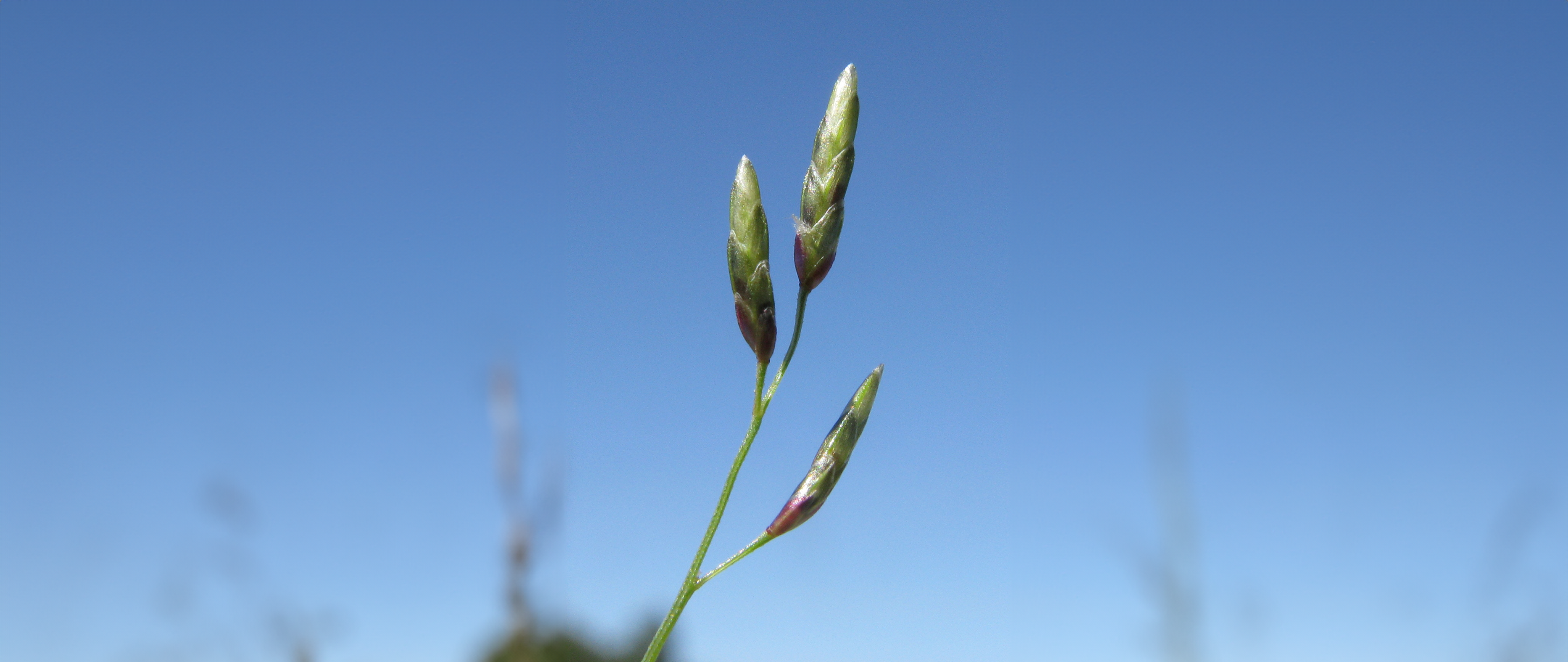
Kānawapātāhmōwin: A Symposium on Indigenous Visual Knowledge
A symposium about Indigenous ways of seeing, presented in association with the 2024 Biennale of Sydney.
People

Gerald McMaster
Gerald McMaster is the Director of Wapatah Centre for Indigenous Visual Knowledge at OCAD University in Toronto, and a leading voice nationally and internationally, with over 30 years of experience in contemporary art, critical theory, museology, and Indigenous aesthetics. He is Plains Cree from the Red Pheasant Cree Nation and a member of the Siksika Nation. He has served as the Canadian Commissioner for the 1995 Venice Biennale, Artistic Director of the 2012 Biennale of Sydney, and Curator for the 2018 Venice Biennale of Architecture. He is the recipient of Governor General’s Awards for Visual and Media Arts from the Canada Council for his prolific curatorial legacy. McMaster has served as Adjunct Curator for Remai Modern since 2018.
People

Gerald McMaster
Gerald McMaster is the Director of Wapatah Centre for Indigenous Visual Knowledge at OCAD University in Toronto, and a leading voice nationally and internationally, with over 30 years of experience in contemporary art, critical theory, museology, and Indigenous aesthetics. He is Plains Cree from the Red Pheasant Cree Nation and a member of the Siksika Nation. He has served as the Canadian Commissioner for the 1995 Venice Biennale, Artistic Director of the 2012 Biennale of Sydney, and Curator for the 2018 Venice Biennale of Architecture. He is the recipient of Governor General’s Awards for Visual and Media Arts from the Canada Council for his prolific curatorial legacy. McMaster has served as Adjunct Curator for Remai Modern since 2018.


